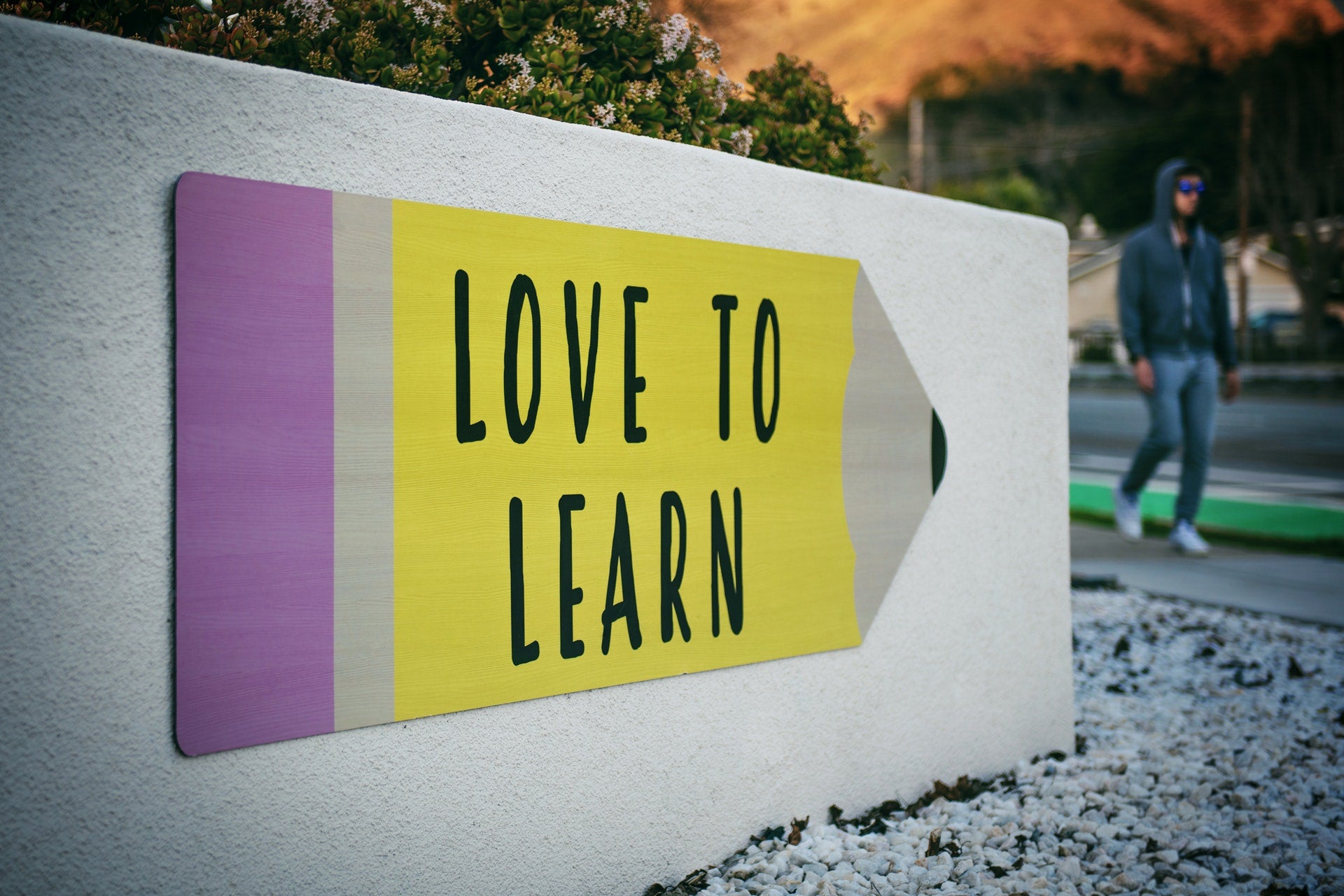The Montessori Way: Fostering Independence and Love for Learning
As parents, we all want the very best for our children. We want to provide them with opportunities to grow, learn, and thrive in a nurturing environment. That's where Montessori education comes into play. In this article, we'll explore the fascinating world of Montessori, starting with the visionary educator behind it all, Maria Montessori, and then delving into the core principles and benefits of this approach. Get ready to discover how Montessori can make a positive impact on your child's educational journey.

About Maria Montessori
Before we dive into the specifics of Montessori education, let's take a moment to get to know the incredible woman who pioneered this approach, Dr. Maria Montessori. Born in Italy in 1870, Maria Montessori defied societal norms of her time by becoming one of the first female physicians in Italy. Her background in medicine and a deep curiosity about child development led her to a groundbreaking revelation: children are natural learners.
Maria Montessori observed that children have an innate desire to explore, discover, and understand the world around them. Armed with this insight, she dedicated her life to creating an educational approach that would honor and nurture this intrinsic curiosity.
The Montessori Method: Key Principles
1. Child-Centered Learning
At the heart of Montessori education is the belief that each child is a unique individual with their own pace and style of learning. In a Montessori classroom, children have the freedom to choose activities that spark their interest. This child-centered approach allows them to take ownership of their education and fosters a love for learning.
2. Prepared Environment
Walk into a Montessori classroom, and you'll notice something special. The environment is carefully designed to encourage exploration and independence. It's a place where children can engage with materials that are specifically designed to be educational and appealing.
3. Mixed-Age Classrooms
Montessori classrooms often have mixed-age groups. This intentional setup promotes collaboration and mentorship among peers. Younger children benefit from observing older ones, while older children reinforce their learning by teaching concepts they've already mastered.
4. Self-Directed Learning
Montessori encourages children to be self-directed learners. They choose activities, work at their own pace, and make decisions about their education. This autonomy builds confidence and a sense of responsibility.
5. Hands-On Learning
Concrete learning is a cornerstone of Montessori education. Children use their senses and manipulate materials to grasp abstract concepts. Whether it's counting beads, tracing sandpaper letters, or exploring the natural world, Montessori materials engage both the mind and body.
6. Individualized Learning
Teachers in Montessori classrooms are not just instructors; they're guides. They observe each child's progress and tailor activities to meet individual needs and interests. This personalized approach ensures that no child is left behind, and every child is challenged appropriately.
7. Practical Life Skills
Montessori extends beyond academic subjects. It emphasizes the importance of practical life skills such as dressing, cooking, and cleaning. These skills empower children to be self-sufficient and capable members of their community.
8. Peace and Respect
In a Montessori environment, children are taught conflict resolution and peaceful communication. Respect for themselves and others is nurtured, creating a harmonious atmosphere that extends beyond the classroom.



The Benefits of Montessori Education
Now that we've explored the core principles of Montessori education, let's dive into the benefits it offers to your child's development:
1. Love for Learning: Montessori ignites a lifelong love for learning. By allowing children to explore their interests and passions, it fosters a curiosity that goes far beyond the classroom.
2. Independence: Montessori empowers children to become independent thinkers and problem solvers. They learn to make choices and take responsibility for their actions.
3. Confidence: The freedom to learn at their own pace and master skills builds a strong sense of self-confidence in Montessori students.
4. Social Skills: Mixed-age classrooms promote socialization and collaboration. Children learn to communicate effectively, resolve conflicts peacefully, and work as part of a team.
5. Academic Excellence: Montessori students often excel academically. The hands-on, individualized approach ensures a deep understanding of core concepts.
6. Creativity: The freedom to explore and create fosters creativity and innovation in Montessori children.
7. Practical Life Skills: Montessori doesn't just teach academic subjects; it equips children with essential practical life skills that set them up for success.
8. Respect for Others: Through the emphasis on respect and peaceful communication, Montessori nurtures kindness and empathy in children.
Is Montessori Right for Your Child?
As parents, choosing the right educational path for our children is a weighty decision. Montessori education offers a unique and proven approach that celebrates the individuality of each child while nurturing a love for learning and practical life skills. If you're considering Montessori for your child, take the time to visit a local Montessori school, talk to teachers and parents, and observe a classroom in action. This firsthand experience can help you determine if Montessori is the right fit for your little one.
In the end, whether you choose Montessori or another educational approach, what matters most is creating an environment where your child can thrive, learn, and grow. Here's to the beautiful journey of parenthood and the endless possibilities that await our little explorers.
